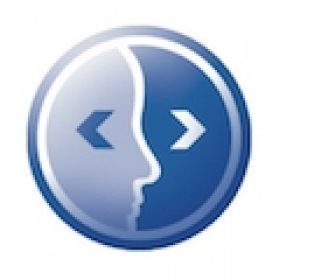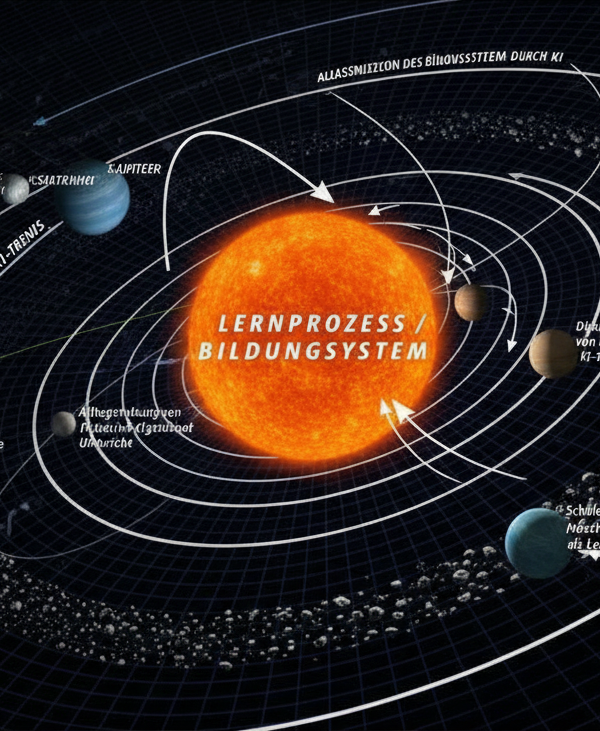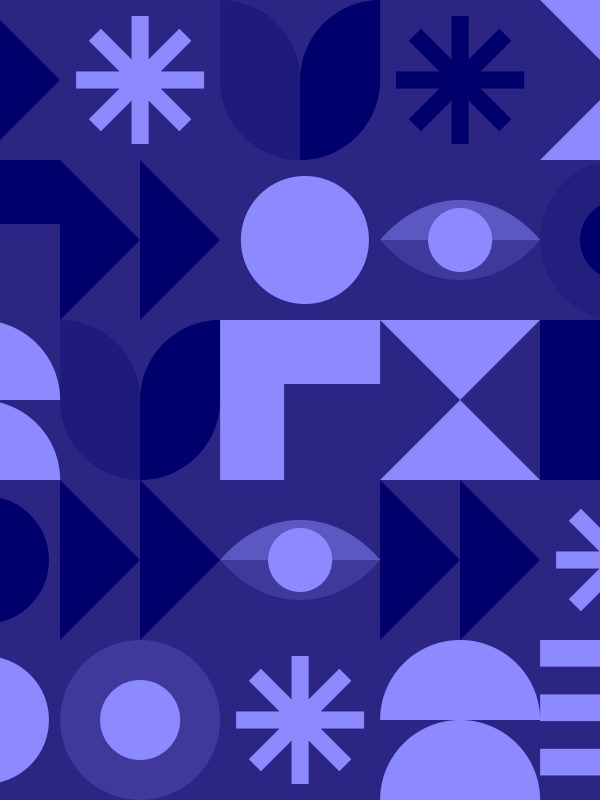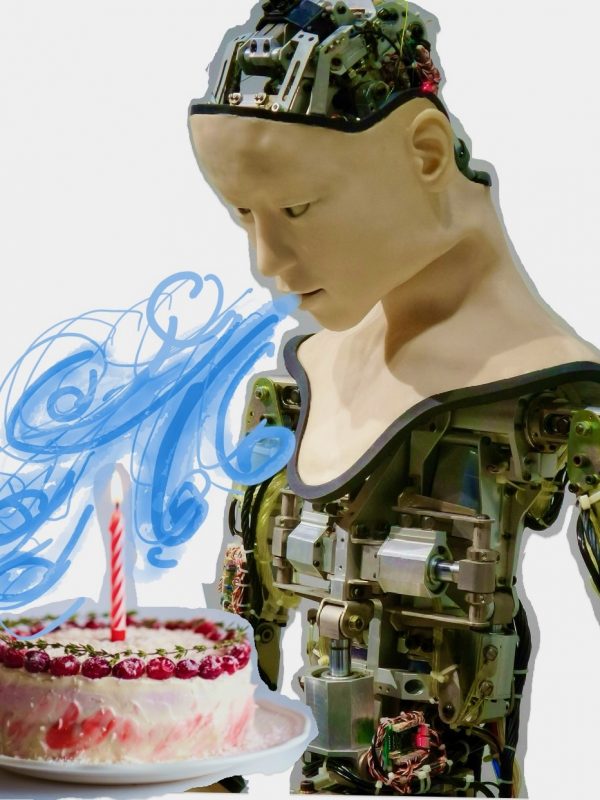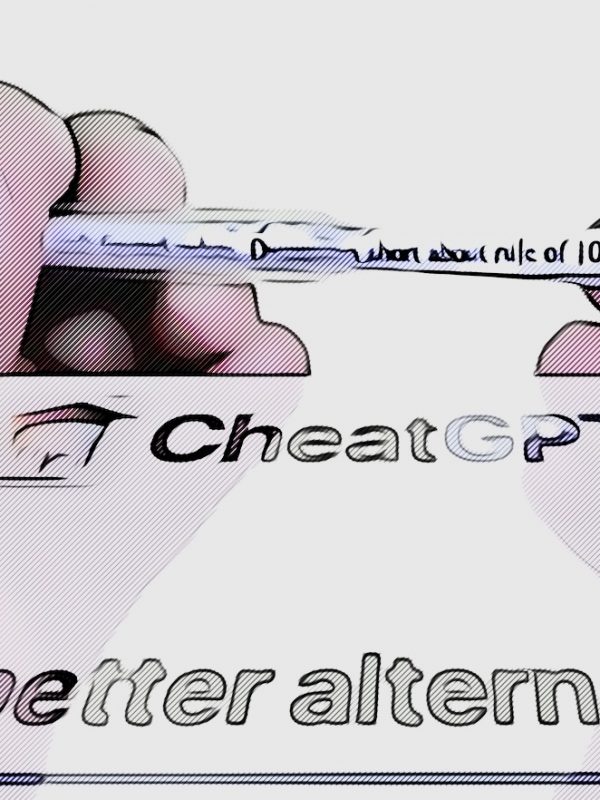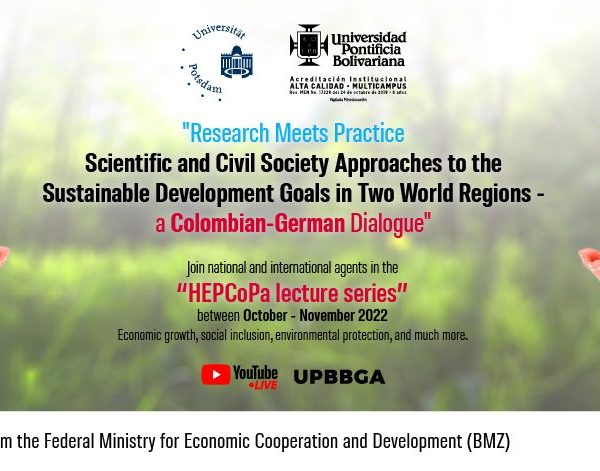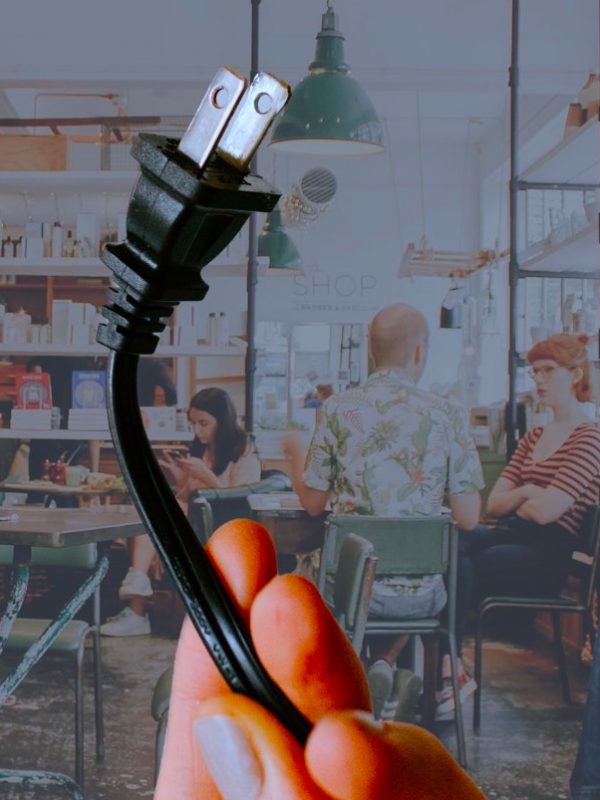AI Discourse in Education: Navigating Between Urgency and Overwhelm. AI is, however, above all, the magnifying glass for the all-too-common problems of the education system.
Category: digitization
Let’s Talk ANT!
With Actor-Network Theory (ANT), we can take a new look at phenomena in educational digitalization. ANT calls for understanding things, technologies, and concepts as equal actors. This post describes how this perspective can be applied to generative AI, teaching materials, and didactic models—and how it helps to make complex networks of effects visible.
Designing Postdigital Futures – Who against and why? A comment on a comment
In the context of discussing alternative narratives for digital educational technology, the paper “Designing Postdigital Futures” raises important points but also leaves some questions unanswered. It criticizes the dominant “engineering logic” in educational technology without clearly defining its targets or proposing how an alternative design approach could solve the problem.
Happy Birthday ChatGPT – Occasional Thoughts on Text AI in Higher Education
On November 30, 2022, we experienced the “iPhone moment of AI.” Here is my attempt to provide brief answers to the key questions. What do university educators need? What should universities and education policy do? What will happen to higher education? Guidance on what? What about examinations? What about the negative impacts? Where does humanity fit in? Conclusion: We cannot expansively address the challenge of integrating AI into higher education without considering the context (goals, policies, culture of higher education).
CheatGPT, cheat on A-level exams and the problem of authorship
At its core, the debate about cheating on A-level exams with ChatGPT concerns the ambiguity of authorship of AI texts and control in exams. The problem of proving cheating attempts using constructs such as “individual, independent performance” points to the outdated nature of exam culture in a digital media landscape.
Online Lecture Series: Approaches to the Sustainable Development Goals
Policy packages for complete decarbonization in the global north and the global south (Dr. Germán Bersalli IASS). We are pleased to announce the seventh and the last event in our lecture series “Research meets Practice. Scientific and Civil Society Approaches to the Sustainable Development Goals” on Wednesday, 30. November at 16:00 CET, 10:00 COT.
Energy-saving-online-teaching and the narrative of the sickening digital learning
Universities and colleges are looking to conserve energy to cushion increased costs. Online teaching is once again coming into focus as a crisis management teaching format. In Rhineland-Palatinate, this has already become a problem. The discussion shows how persistent the narrative of “sickening online teaching” is.
